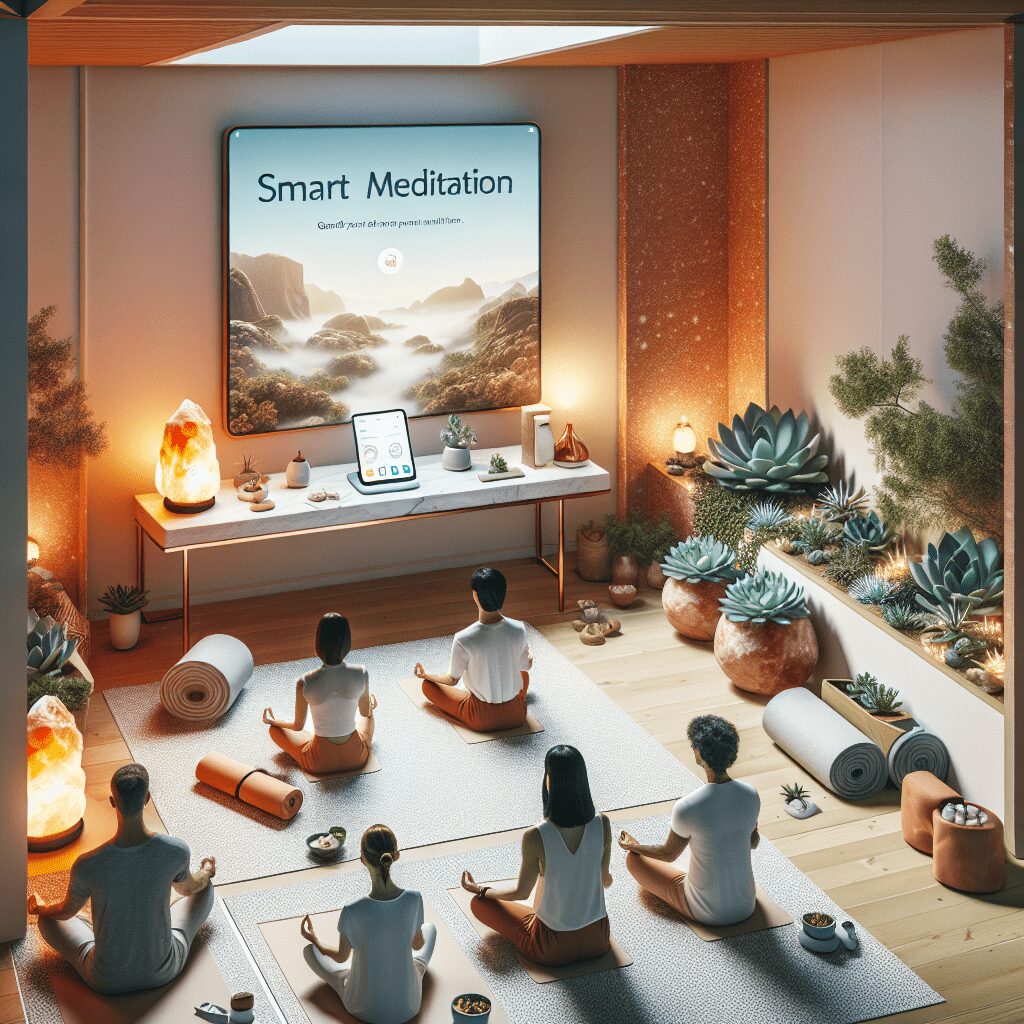
Prioritize your mental well-being daily. Enhance your life by nurturing your mental health with the Smart Meditation app. Break free from stress, alleviate anxiety, and enhance your sleep quality starting today.
Are Stimulants The Same As Antidepressants?
Navigating the Complex Landscape of Stimulants vs. Antidepressants: What You Need to Know
In the swirling vortex of mental health medications, the difference between stimulants and antidepressants often feels shrouded in medical jargon, leaving many folks scratching their heads. Considering the growing dialogue on mental health, it’s high time to untangle this knot. Are stimulants and antidepressants cut from the same cloth? Not quite. It’s like comparing apples to oranges, really. Let’s dive deeper into the nuances that set them apart.
Stimulants: The Energy Boosters
Stimulants, true to their moniker, stimulate the central nervous system, giving a kick to your energy levels, alertness, and attention span. They’re the morning espresso shot your brain didn’t see coming. Widely recognized members of this group include medications used to treat attention-deficit/hyperactivity disorder (ADHD) like Adderall (amphetamine/dextroamphetamine) and Ritalin (methylphenidate).
Now, hold your horses; it’s not all about zooming from zero to a hundred. Stimulants work by increasing the levels of certain neurotransmitters in the brain, namely dopamine and norepinephrine. Think of them as the green light that signals your nervous system to shift gear into productivity mode.
Antidepressants: The Mood Managers
On the flip side, antidepressants are the go-to for mood disorders such as depression and anxiety. Unlike their stimulant cousins, these meds focus on the long game, working to balance chemicals in the brain that influence mood and emotions. They’re akin to the friend who always remembers to ask, “Hey, how’s your heart?”
Antidepressants come in different classes, each targeting the brain’s chemistry in unique ways. You’ve probably heard of SSRIs (Selective Serotonin Reuptake Inhibitors) like Prozac (fluoxetine) or Zoloft (sertraline). These work by increasing the levels of serotonin, the brain’s feel-good neurotransmitter, which helps in improving mood and reducing anxiety. Other classes include SNRIs, MAOIs, and Tricyclics, each with their own mechanism of action and use case.
Key Differences You Ought to Know
-
Primary Use: Stimulants are primarily used for ADHD and certain sleep disorders, bolstering attention and warding off excessive sleepiness. Antidepressants, however, are your allies in combating depression, anxiety, and several other mood disorders.
-
Mode of Action: While both influence neurotransmitters, stimulants target dopamine and norepinephrine for that burst of energy and concentration. Antidepressants, meanwhile, mainly increase serotonin levels to uplift mood, though the exact mechanism can vary by class.
-
Speed of Action: Stimulants are the sprinters; they work quickly, and you can feel the effects within hours. Antidepressants are more of a marathon runner, gradually building up in the system and often taking weeks to show their full effects on mood.
-
Side Effects: Both camps have their baggage. Stimulants might lead to increased heart rate, insomnia, or loss of appetite. Antidepressants could induce drowsiness, dry mouth, or weight changes. It’s a mixed bag, and what one person tolerates well might not sit right with another.
So, Which One’s Right for You?
Deciphering whether stimulants or antidepressants are your golden ticket to well-being shouldn’t be a solo journey. Navigating the intricate landscape of mental health medication requires a solid partnership with a healthcare provider. They’ll weigh the scales, considering your unique symptoms, medical history, and how the medication’s profile aligns with your needs.
Remember, Rome wasn’t built in a day, and finding the right medication or combination thereof can be a trial-and-error process. But, with patience and open communication with your doctor, the quest for balance in mental health is a journey worth embarking on. Stay informed, stay hopeful, and let’s continue to make strides in understanding and managing mental health.




